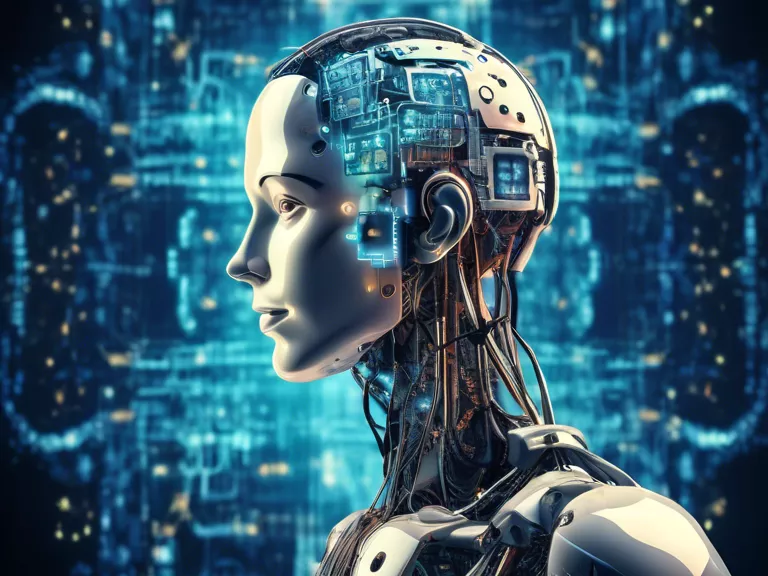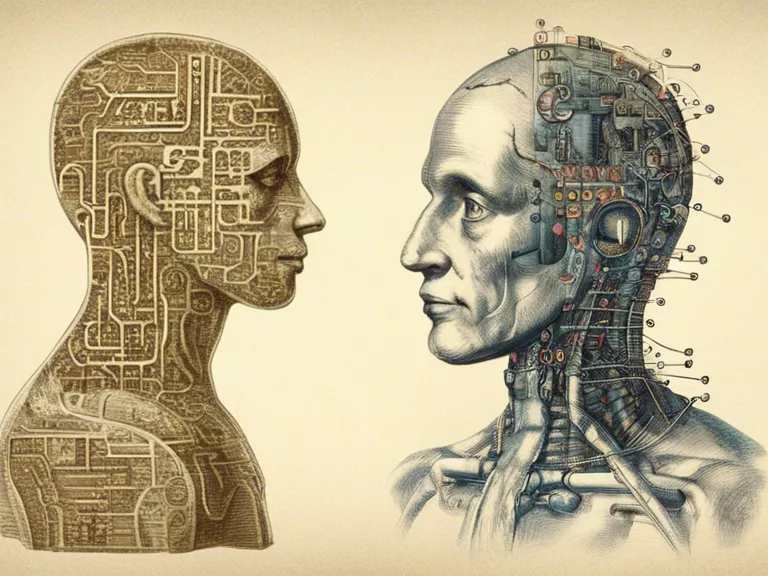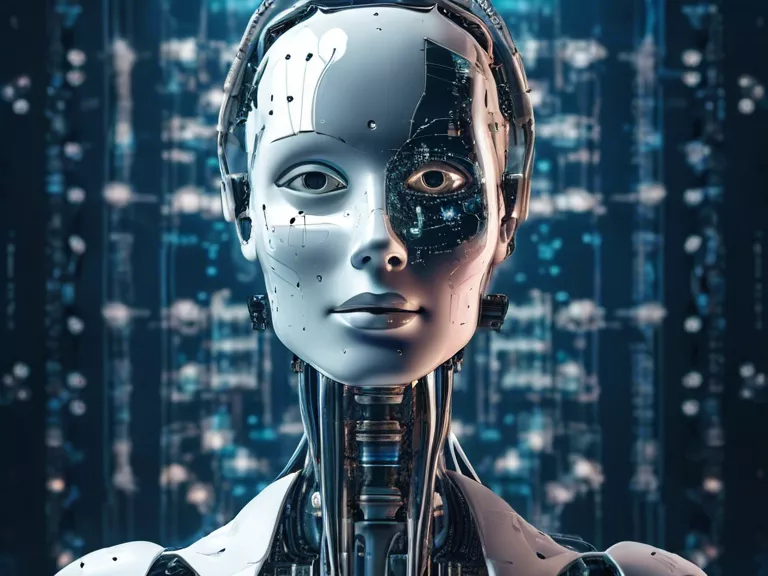
Artificial Minds and Human Dreams: Contemplating the Integration of AI into Existence
As technology continues to advance at a rapid pace, the question of integrating artificial intelligence (AI) into our lives becomes more pressing. With the potential for AI to revolutionize various aspects of society, from healthcare to transportation, the possibility of artificial minds coexisting with human dreams is both exciting and daunting.
The idea of AI being able to think, learn, and make decisions on its own raises questions about the implications for humanity. Will AI be able to understand emotions and develop consciousness, or will it remain a tool designed to serve human needs? The ethical considerations of integrating AI into society are vast and complex, requiring careful thought and regulation.
On one hand, the integration of AI could lead to countless benefits, such as improved efficiency, productivity, and quality of life. AI-powered technologies have the potential to revolutionize industries like healthcare, by assisting in diagnosis and treatment, or transportation, by optimizing traffic flow and reducing accidents. The possibilities are endless and could lead to a brighter, more interconnected future for humanity.
On the other hand, the integration of AI also poses risks and challenges that must be addressed. The potential for job displacement, loss of privacy, and even the existential threat of superintelligent AI are all factors that must be carefully considered. As AI continues to evolve and advance, so too must our understanding of its capabilities and limitations.
In contemplating the integration of AI into existence, it is important to consider the potential impact on society, ethics, and our very humanity. By engaging in thoughtful dialogue and collaboration, we can work towards a future where artificial minds and human dreams coexist harmoniously, shaping a world that benefits all.
No Website Lists.

